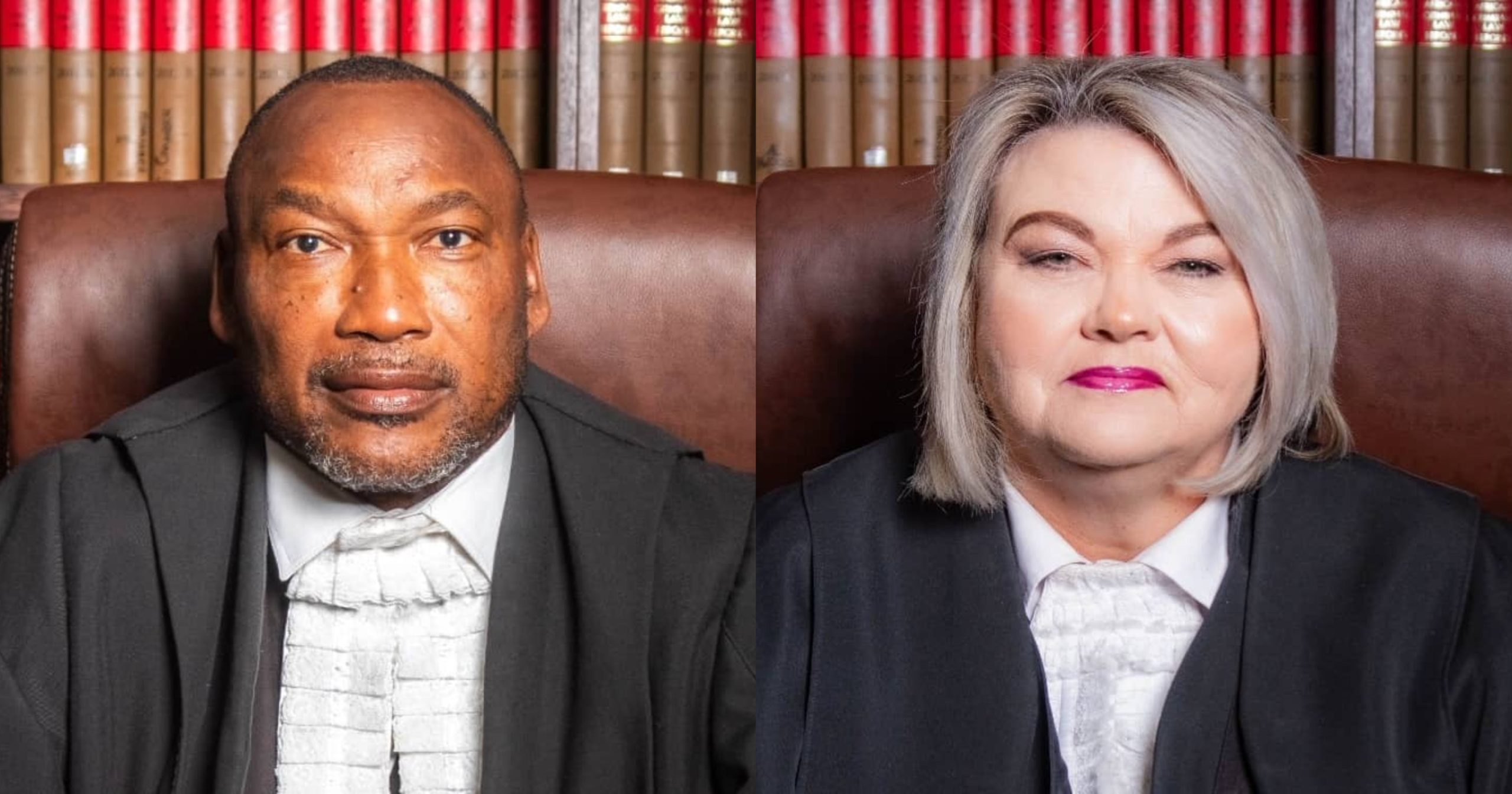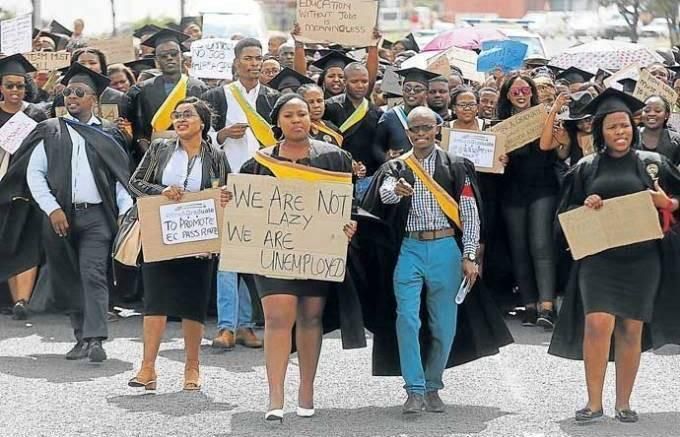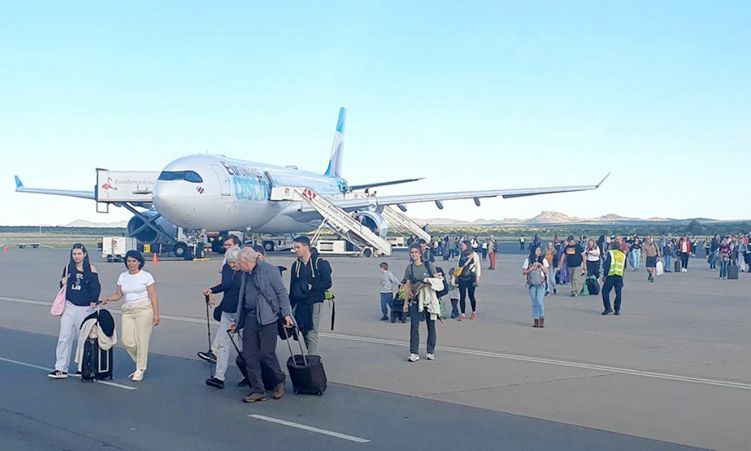Hong Kong has passed a tough security law which authorities say is necessary for stability, but which critics fear will further erode civil liberties.
Article 23 targets new offences like external interference and insurrection, and penalties include life sentences.
It was fast-tracked through its final stage by the city’s pro-Beijing parliament in less than two weeks.
Article 23 expands on a controversial national security law (NSL) earlier imposed by China.
That law already criminalises secession, subversion, terrorism and collusion with foreign forces in Hong Kong.
But Hong Kong’s leader John Lee has said Article 23 is also necessary to guard against “potential sabotage and undercurrents that try to create troubles”, particularly “ideas of an independent Hong Kong”. He hailed its passing as “a historic moment Hong Kong people have been waiting for over 26 years”.
China’s Vice-Premier Ding Xuexiang earlier said swift enactment of the new legislation would protect “core national interests” and allow Hong Kong to focus on economic development.
Scores of people have been arrested under the NSL since it was passed in 2020, which critics say has created a climate of fear. Amnesty International’s China director Sarah Brooks said the new law “delivered another crushing blow to human rights in the city”, while Maya Wang, acting China director at Human Rights Watch, said it would “usher Hong Kong into a new era of authoritarianism”.
“Now even possessing a book critical of the Chinese government can violate national security and mean years in prison in Hong Kong,” she said, calling on the government to repeal it immediately.
Hongkongers have also voiced concerns over Article 23, particularly over the use of broad and vague definitions in the legislation.
Civil servant George told the BBC he was most concerned about its definition of “state secrets”.
“Let’s say a group of colleagues go out to lunch and discuss how to handle some work matters. Will it constitute leaking a state secret? Will we be arrested if someone eavesdrops and spreads the information?” he said.
“I am very afraid that we can be accused [of the offence] easily.”
George said he had observed an “informant culture” among his colleagues since the earlier law came into force. He estimates that about one-fifth of the employees in his department have resigned in the past three years, with many of them moving overseas.
“I won’t talk so much about work with friends any more. Just focus on eating, drinking and having fun,” George said.
Corporate consultant Liz has similar concerns over the new “external interference” offence, which include receiving financial support or direction from foreign governments, political organisations or individuals, among other “external forces”.
“The definition of ‘international organisations’ is very broad. Aren’t foreign investment banks and businesses international organisations?”
Liz, who has moved to Singapore, is worried that she would be put at risk of being prosecuted whenever her company publishes research reports with her name on them.
Walter, who works at a Western consulate in Hong Kong, said he is more concerned that Hong Kong would lose its competitive edge than for his personal safety.
“It will become even easier to accuse people of ‘colluding with external forces’,” he said.
Fewer people will want to be associated with so-called “external forces” and it will become more challenging for Hong Kong to continue taking on the role of the “super connector” between China and the rest of the world.
“How could such a complicated law be passed so briskly and no time was given for public discussion?” he questioned.
Article 23 has long been on the authorities’ cards. Under its mini-constitution, the Basic Law, Hong Kong had to enact its own security legislation.
But a previous attempt in 2003 stalled amid widespread public protests.
The bill was tabled again this year, in early March, following a month-long consultation period. Lawmakers completed a review of the bill within days,
In contrast, the 2003 attempt saw a three-month consultation period.
In response to the BBC’s queries on residents’ concerns, the Hong Kong government said that Article 23 “targets a very small number of people who jeopardise national security, not the general public”.
“Law-abiding people will not be caught by the law inadvertently… A member of the public will not commit an offence simply by committing a certain act, but must have the intention of endangering national security in order to be able to contravene the law,” said a government spokesperson.
*The names of Hong Kong residents interviewed for this story have been changed to protect their identities.
Stay informed with The Namibian – your source for credible journalism. Get in-depth reporting and opinions for
only N$85 a month. Invest in journalism, invest in democracy –
Subscribe Now!










